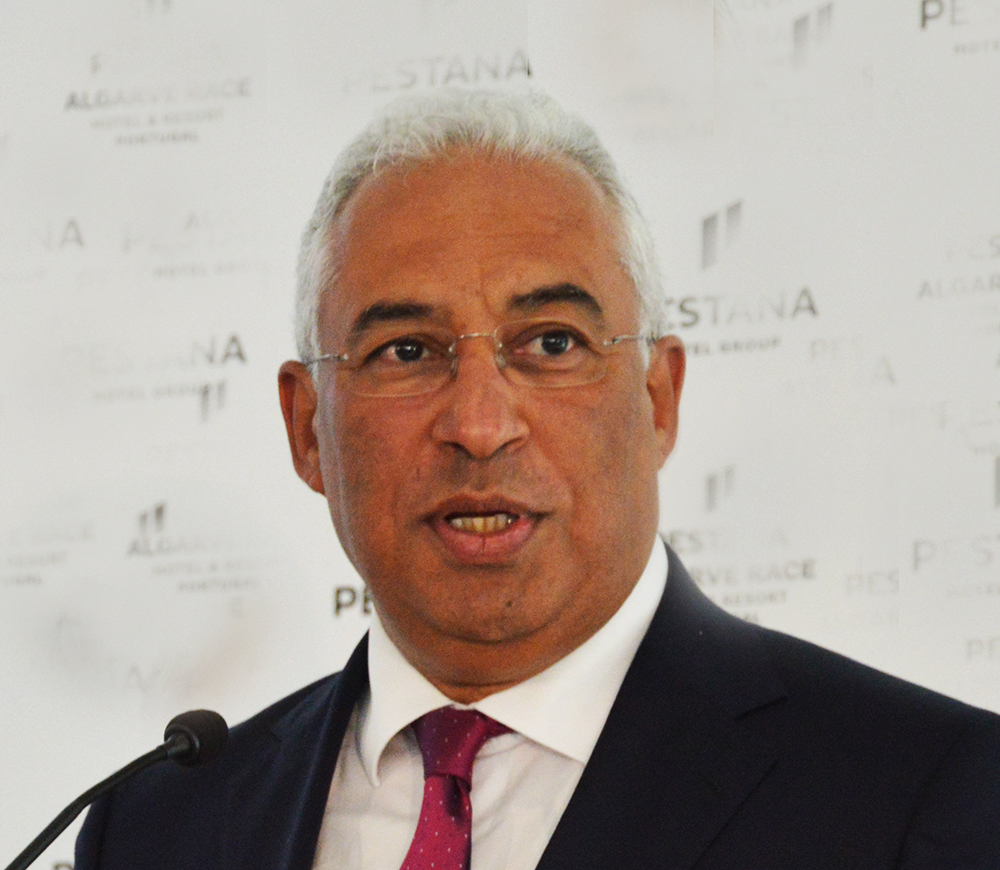In the next school year there will be universal access for students in primary and secondary education to the Internet and computer equipment. The guarantee comes from Prime Minister António Costa, who believes that this large investment is essential in view of the risks of a pandemic.
“We have a very clear objective: We are going to start the next school year by ensuring universal access to the network and equipment for all students in primary and secondary education”, declared António Costa, in an interview with Lusa agency.
Asked if each student will have a computer, resuming a measure taken by the governments of José Sócrates under the “Magalhães” program, the executive's leader replies that “it is much more than that”.
“It is much more than having a computer or a tablet. It means having this and having guaranteed access to the network on equal terms throughout the national territory and in all family contexts, as well as the appropriate pedagogical tools to be able to work fully in any circumstance with these digital tools ”, he adds.
Faced with the fact that this is a large investment and to be implemented early in the next academic year, António Costa argues that this investment “is essential and is a measure to prevent the risk of a pandemic”.
Asked if it is a “Magalhães 2” program, now more ambitious, the Prime Minister reacts with a humorous note: “To be generous with our Spanish neighbors we can even say that it is a program [Juan Sebastián] Elcano, because completes the journey started ”.
According to António Costa, the current crisis caused by the outbreak of the new coronavirus "demonstrated an extraordinary capacity for schools to adapt to a new situation".
“In fact, the need sharpened the ingenuity and in two weeks more progress was made in digital literacy than surely it would have been advanced in many years of a planned action. We must take advantage of this impulse to fulfill what was one of the great goals of the Government's program: Accelerating the transition to the digital society ”, he maintains.
More importantly, however, according to the Prime Minister, it is “to guarantee the need that, whatever happens from a health point of view during the next school year, there will be no disruption situations, because there was another face of currency that this crisis has shown ”.
“Inequalities are much more persistent than what is often thought and, when they are diluted in the same classroom, they are accentuated when each goes to their homes. Either by insufficient communication infrastructure, or by lack of equipment, or by different housing, or even by different family contexts, these inequalities become more visible. Therefore, the use of television, obviously, is a contribution to mitigate this inequality, but what we have to overcome is this inequality ”, he justifies.
Asked if the prospect of returning to face-to-face classes in May deserved the agreement of parents 'associations and teachers' unions, António Costa claims that the Government held hearings, both with educational partners and with parties with parliamentary representation even before close schools.
“And we proceeded to hear everyone before making this decision [of the possible reopening of face-to-face classes]. For this program to be possible to fulfill, it is essential that people gain confidence. It is necessary to ensure that we are going to have the fewest people in schools, that we are going to people as little time as possible in schools and with the maximum possible security at the personal level and the hygiene of school spaces. It is necessary to bring together all these conditions so that teachers, non-teaching workers, families and students have confidence that they can go to school ”, he stresses.
For the prime minister, "as much or more serious than the damage caused by the virus is the damage caused by the panic that the virus generates".
“We are not only fighting a viral pandemic, but also a panic pandemic. For that, it is necessary to reinforce the conditions of trust and security for everyone ”, he adds.



















Comments